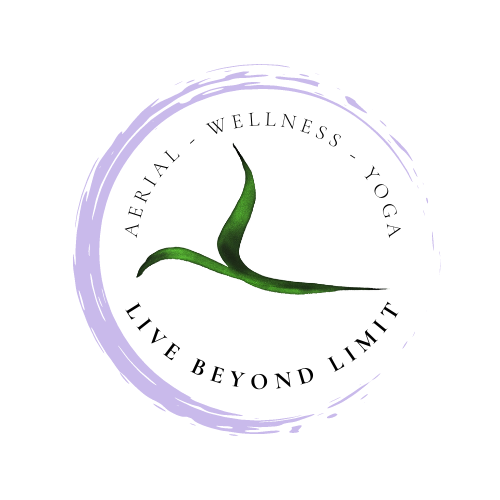Self-care. Care of self. How do you care for your whole self? DO you care for your whole self, or do you only give attention to certain aspects?
In yogic philosophy we have 5 layers that comprise the self, collectively referred to as the Koshas. These sheaths or layers of self are:
Anamaya Kosha - the physical self
Pranomaya Kosha - the subtle senses and energy flow through the body, the breath
Manomaya Kosha - the mind, emotions, and ego
Vijnamaya Kosha - the intellect and discernment, intuition and wisdom layer
Anandamaya Kosha - the bliss, joy, love, ease, and happiness
No matter how you’ve related to your self in the past, try the following practices to honor, develop, and connect to each aspect of yourself.
Move your body. Ask:
Have you moved it lately? If not, then go for a walk, take a class, dance, stretch, lift, row, etc. Give it what it needs to feel good and free in yourself.
Are you moving too much? Take rest periods throughout the day and month to see the best results. Your body needs recovery time to repair, rebuild, and have healthy hormones, a strong immune system, relaxed muscles, and overall wellness. Take a bath, try a yoga nidra class or restorative yoga, try reiki, or hang out in nature to recharge.
Are you moving and working cyclically and progressively to help your body recover and rebalance? All individuals have hormonal cycles that happen through the day and month. When you start aligning your training plan, movement, creative projects, work projects, etc to be in alignment with your own personal cycles you remove a massive amount of stress from your system.
Listen to your energy levels. Ask:
When do I have the most energy throughout the day and month?
When do I have the least amount of energy throughout the day and month?
Try pranayama or breathing practices like alternate nostril breathing and meditation. When we observe our breath and the sensations that arise within us, we’re able to become more familiar with where our energy is focused, flowing, or stagnating. Breathing practices help fuel the subtle aspects of self.
Examine your stories and true feelings.
We all have stories about our days and lives. Some of our perspectives and stories are actually ours, but often we find ourselves living someone else’s story of what they thought our life should be life or of who others feel we are. Who do you define yourself as personally, professionally, in partnerships, in friendships, with family, etc? Is this who you want to be? Does this feel true?
Ask yourself what your emotions are really trying to tell you. Emotions are guides to help you grow and thrive, but only when we acknowledge their deeper roots and meanings. If you’re holding onto an emotion that was triggered in your past….why? What is it asking you to do?
Explore, learn, and give yourself the benefit of the doubt.
Our brains and beings are plastic, meaning they can change and adjust to our circumstances. Fuel your mind and intellect to keep learning, growing, adapting, and exploring while remaining open to new information and experiences. The more we give the mind direction, the more it will work for you.
Explore what happens when you decide your mind’s job is to figure out how to honor or follow your wild hair ideas, hunches, and gut feelings. If you start thinking about someone, give them a call or reach out in some way. If you keep having a thought to go for a walk, get out and do it. Explore what happens when your mind supports your heart.
Honor your wisdom. What have you learned over the years from your experiences? From your ancestors? What do you have a natural talent at and how can you tap into that talent? How can you use your knowledge and experiences to grow and thrive or to help others do the same?
Actively acknowledge the good in your life.
Give yourself kudos for the self-care you already do to manage your stress. Congratulate yourself for these. Often we focus on how we aren’t doing enough, which contributes to our stress response. When we take time to actually sit and say “Oh hey, I actually did a lot for myself today….” and take the time to list out our actions.
Focus on gratitude. What are you grateful for?
Notice the little moments of positive emotions that aren’t as recognized as joy, hilarity, and love like moments of awe, interest, curiosity, calm, peace, serenity, hope, pride, aesthetic appreciation, amusement, admiration, etc. These emotions are resource building emotions with both short and long term payoffs for our nervous system, chemistry, and connectivity in our communities. The more we feed these emotions, the more connected, supported, and content we feel in out lives.





